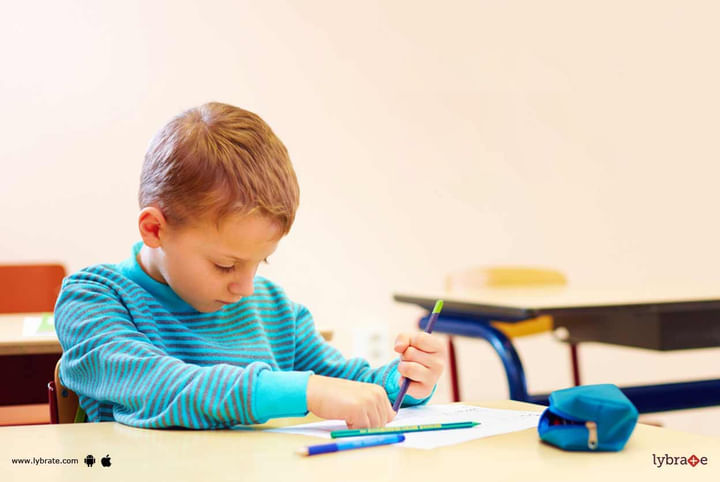How Can Play Therapy Helps In Autism, ADHD And Children With Delayed Milestones?
Play Therapy uses a psychotherapeutic approach to help children between the age of 3 and 12 to explore their lives and help them express their repressed thoughts, emotions, and feelings through play. Sometimes play therapy is used for adults as well. Therapeutic play typically takes place in a comfortable and safe playroom, where the least amount of rules are forced on the child, the child is encouraged to express him/herself freely, and it allows the therapist to observe a child’s decisions, choices, behaviour, and play style. The main objective of the play therapy is to help children teach how to express themselves in a healthy way, make them more sympathetic, empathetic, and respectful toward others, and help them discover novel, creative, and more positive ways of problem-solving.
There are two kinds of play therapy approaches, directive and non-directive play therapy. Directive play therapy is a structured and guided approach in which the therapist or a parent engages the child directly. They can also offer suggestions to the child and attempt to move in the session along. Non-directive play therapy is a free and more unstructured type, in which children are given control over their environment with least boundaries and rules and are left to solve problems on their own.
Play Therapy and Autism
Autism Spectrum Disorder, commonly known as Autism is a disorder in which an individual has challenges with speech and non-verbal communication, social skills, and repetitive behaviour. Children with Autism, if not treated correctly, can have life-long difficulties in their development.
Play therapy is used to help children with autism. Playing involves interaction with others in competitive and cooperative ways, communication, strategy making, interpretation of other’s ideas and a lot more. This playful activity provides children with a perfect environment to develop the skills they are struggling with.
Play Therapy and ADHD
Attention-Deficit/Hyperactivity Disorder is commonly known as ADHD which affects one’s ability and attention to sit still and self-control which is caused by differences in brain activity and brain development. Play therapy can be used to treat symptoms of ADHD in children. According to experts, playtime is an effective way for children to learn and connect, calm anxiety, feel reassurance, and improve self-esteem. Anger, stress, shame, and guilt may act as triggers for ADHD children which can make them impulsive and affect their decision-making skills. Play therapy helps children concentrate their energy or anger in a playful activity which also helps their attention ability and self-control.
Takeaway
Children can have delayed milestones due to various causes, which also includes Autism and ADHD. Children with Autism have difficulty in communication, social skills, and behaviour, while children with ADHD have difficulty in self-control and have less attention span. Play therapy provides children with such an environment where they can completely and freely express their feelings and have control over their environment and decisions. The kind of approach varies according to the need of the child. The best thing about this therapy is that parents can do this at home too.



+1.svg)
